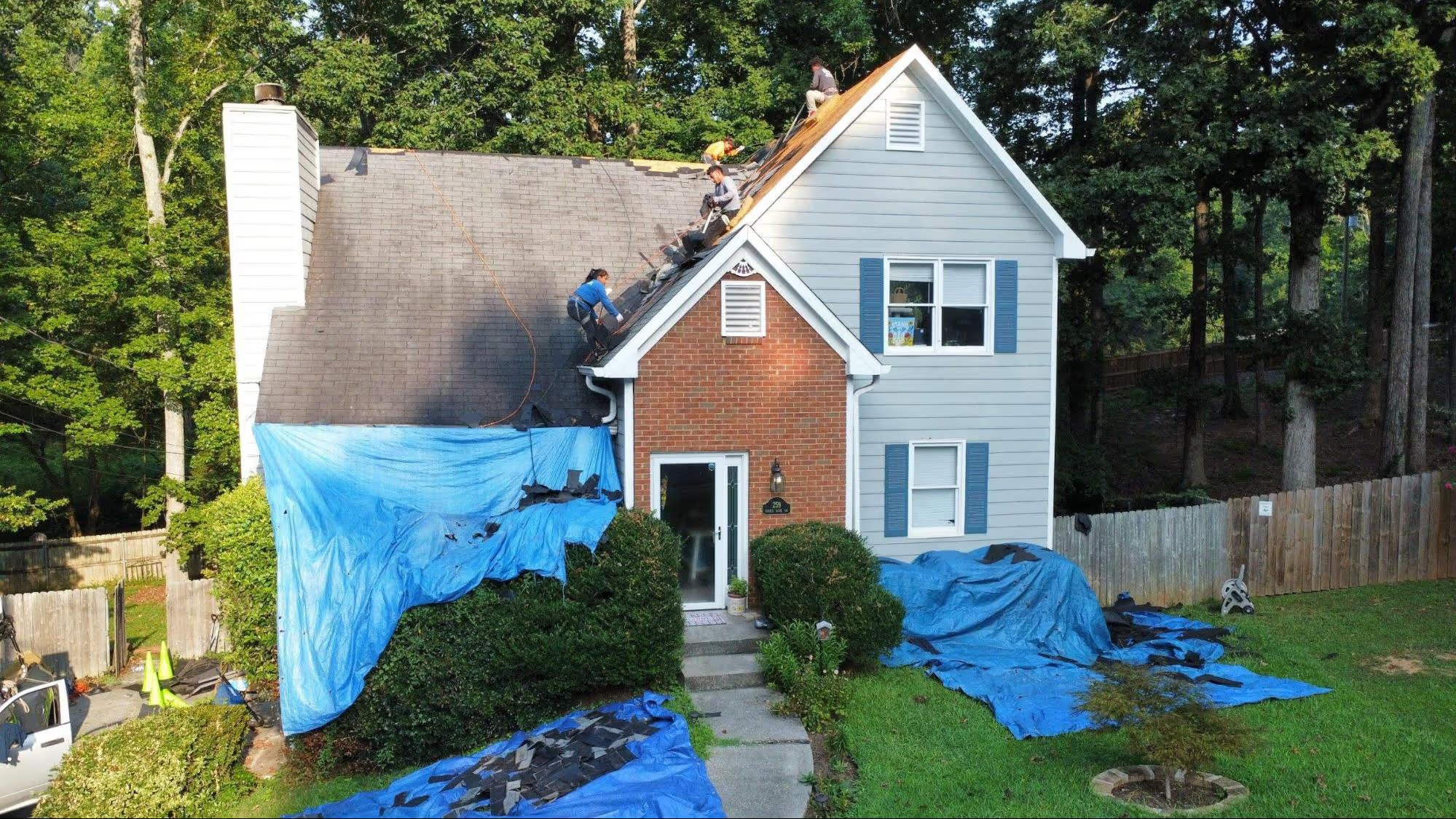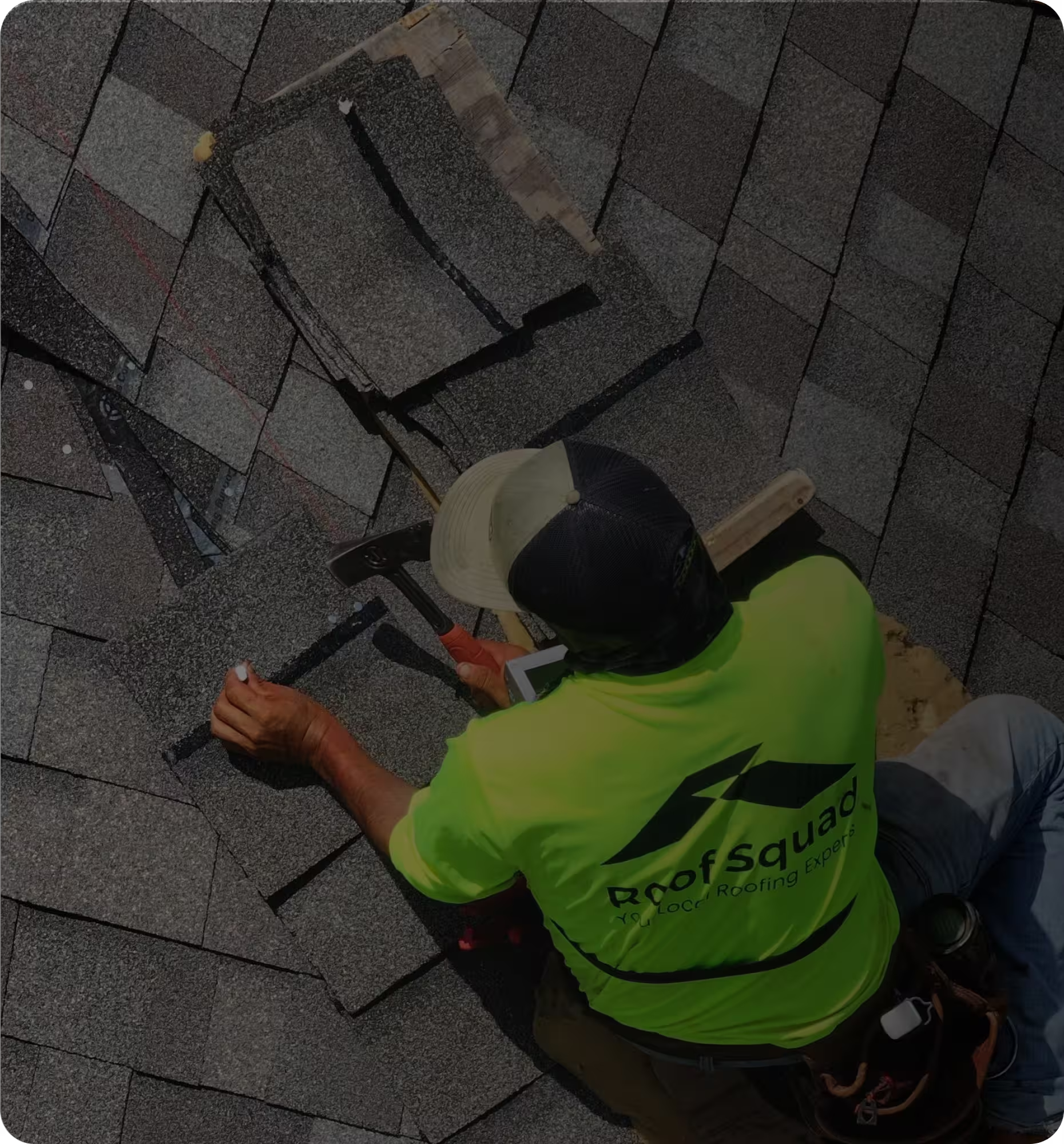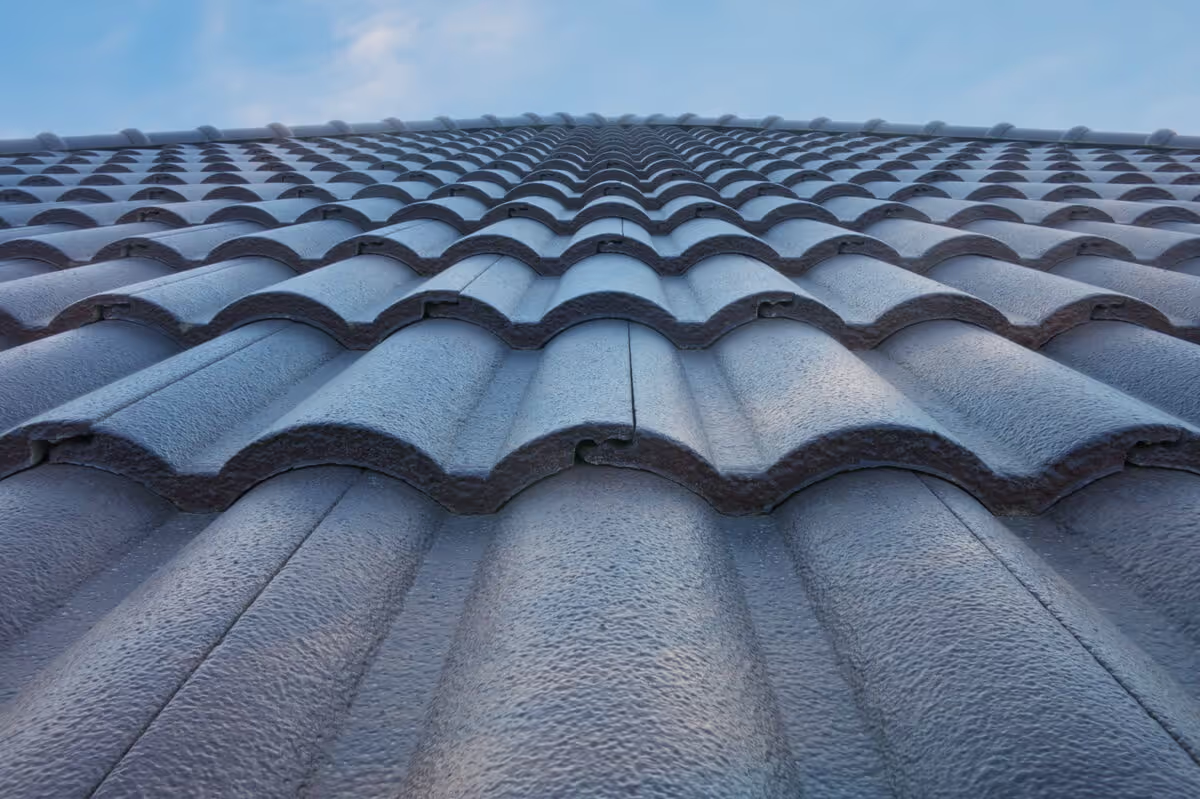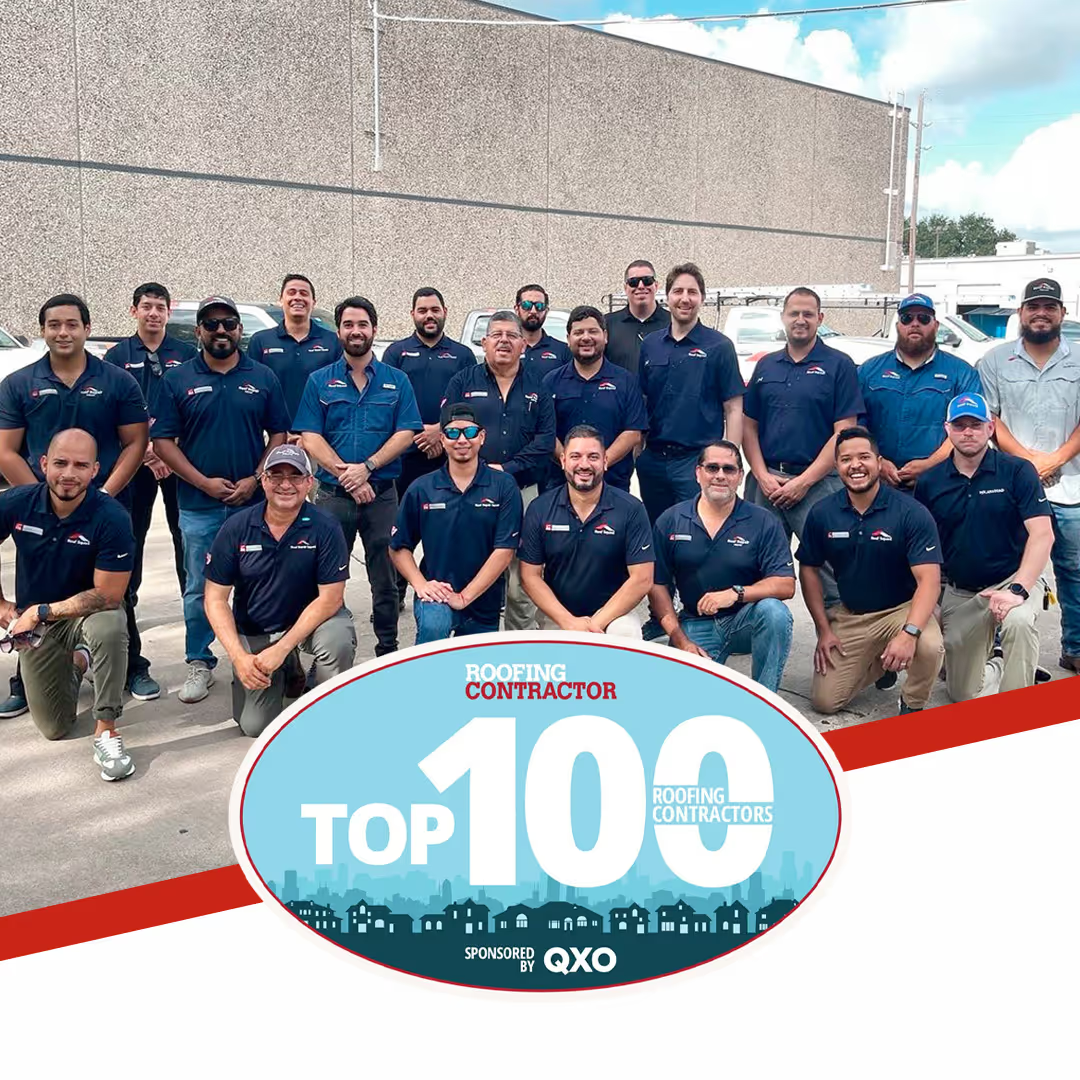A well-built roof is a long-term investment in your home’s value and safety. But even the strongest roofs face risks from weather, falling debris, and unexpected damage. This is where insurance comes in, offering financial protection and peace of mind when the unexpected happens. Understanding how roofing insurance works, what it covers, and how to navigate claims can make a significant difference in maintaining your home’s integrity.
How Homeowner Insurance Covers Your Roof
Most homeowners insurance policies include coverage for roof damage, but the specifics depend on your provider, policy type, and the cause of the damage. In general, policies cover sudden and accidental events, such as storms, hail, or fire. However, wear and tear over time isn’t usually covered. If a roof deteriorates due to age, neglect, or poor maintenance, an insurance company may deny a claim.
Policies also differ in how they handle payouts. Some offer replacement cost coverage, which pays for a new roof based on current market prices, while others provide actual cash value, factoring in depreciation. This distinction can significantly affect what a homeowner receives after filing a claim.
Common Risks and Coverage Limits
New Orleans homeowners face unique challenges when it comes to roof insurance. The city’s climate, known for heavy rainfall, hurricanes, and high humidity, increases the likelihood of storm-related damage. Many insurance policies cover wind and hail damage but may have separate deductibles for hurricane-related claims.
Flood damage is another major concern. Standard homeowners insurance does not cover flooding, meaning a separate policy is required to protect against water-related destruction. Given the city’s susceptibility to extreme weather, understanding coverage limitations is key to avoiding unexpected financial burdens.
Filing a Roofing Insurance Claim
When roof damage occurs, acting quickly can prevent further complications. The first step is documenting the damage with photos and videos. This visual evidence helps support your claim and provides clarity on the extent of repairs needed. Next, contacting your insurance provider to report the incident and start the claims process is important.
An insurance adjuster will assess the damage and determine the payout based on your policy. While adjusters work for the insurance company, homeowners can also bring in a trusted roofing contractor for a second opinion. A professional roofer can provide a detailed assessment, ensuring no damage goes overlooked.
Understanding Policy Exclusions and Limitations
Insurance policies contain exclusions, and knowing what they are can prevent surprises when filing a claim. Common exclusions include:
- Gradual Wear and Tear: Roofs naturally deteriorate over time, and insurance generally does not cover damage due to age.
- Improper Installation: If a roof is not installed correctly, an insurance company may refuse to cover related damage.
- Storm damage: While wind and hail are typically covered, some policies limit coverage for hurricanes or require higher deductibles.
- Neglect: Failing to maintain a roof can lead to claim denials, as insurance providers expect homeowners to perform regular upkeep.
Choosing a Reliable Roofing Contractor
When dealing with roof damage, working with an experienced and reputable contractor is just as important as having the right insurance coverage. A local roofing company familiar with New Orleans’ weather patterns and building codes can provide accurate assessments and high-quality repairs.
Unfortunately, after major storms, many homeowners fall victim to out-of-town contractors offering quick fixes at inflated prices. These companies often disappear once the work is done, leaving homeowners with subpar repairs and no way to address future issues. Partnering with a trusted local roofer helps avoid these risks and ensures repairs are done right the first time.Need expert roofing advice or repairs after storm damage? At Roof Squad, we provide reliable service and insurance claim assistance in New Orleans. Contact us today for a thorough inspection and professional support!










